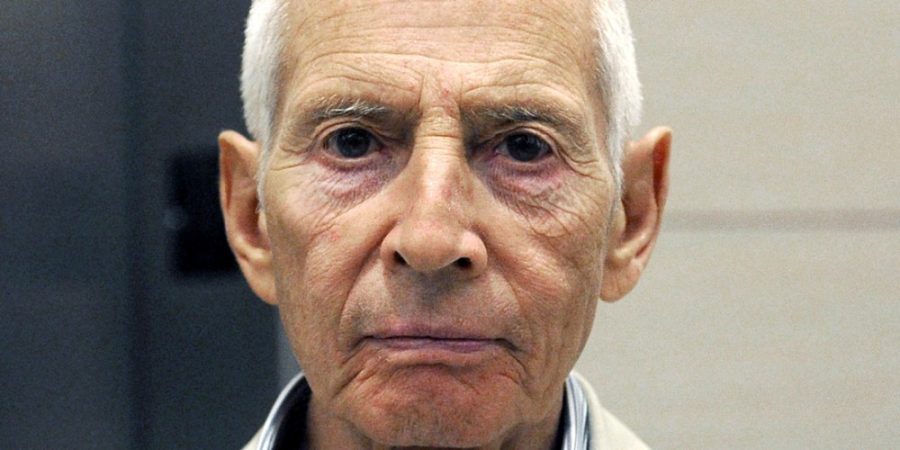In the silence following the conclusion of season one of “Serial” and the anxious awaiting of Adnan Syed’s recently-granted appeal, HBO has satisfied true crime lovers’ cravings with its latest TV show, “The Jinx.”
“The Jinx: The Life and Deaths of Robert Durst” is the brainchild of director Andrew Jarecki, whose 2010 movie “All Good Things” provides a fictional account of the real disappearance of Kathleen Durst, who many suspect was murdered by her husband, Robert Durst.
When the movie premiered, Jarecki said he wanted to make a movie “Robert Durst could sit and watch and have an emotional reaction to.” Though, what Robert Durst’s reaction to the movie was is a mystery, Jarecki’s hope was fulfilled, and Robert Durst agreed to an interview about the bloody trail he left behind.
The six-part documentary would be nothing without Robert Durst’s presence in the series. One of the murders depicted is that of a man cut into pieces and found floating in trash bags in a bay near Galveston, Texas, ironically similar, but completely unrelated to, the fictional killings of the Bay Harbor Butcher in “Dexter.”
When Robert Durst is arrested for the murder, one of the officers working at the time remarks that he didn’t look like a person who would commit that kind of crime. But after sitting in Robert Durst’s presence in his present-day interview with Jarecki, his dark, empty, ever-blinking eyes tell a very different story.
Whether Robert Durst is actually a murderer or not is up for the audience, and perhaps the show makers, to decide. While the show seems concerned about uncovering the truth about his string of disappearances by interviewing police officers, old friends of Kathleen Durst, and prosecutors and attorneys in the case, it is also concerned with the “poor little rich boy” that he was and what led him to (allegedly) commit the crimes he’s accused of.
All of the lines in his past seem to converge with the hard facts of each case and testimonies from others, with one exception: Robert Durst. Simply put, nothing he does makes sense. When out on bail for a murder, Robert Durst disappears, claiming he wanted to go off the grid, and he eventually gets arrested again after stealing a sandwich from a supermarket.
It seems plausible for your run-of-the-mill criminal on the run, except that he is the son of one of New York’s wealthiest real estate owners and had easily paid his $250,000 bail with one phone call to his wife.
Robert Durst and “The Jinx” prove the show’s namesake throughout the series, as he continues to lose those close to him over the course of several decades, even calling himself “a jinx” when the subject of children is brought to the table. He claims he would have been a bad father, and it’s doubtful audiences will disagree after staring into his soulless eyes for each series installment.
With the final episode airing Sunday on HBO, it’s up in the air what the show’s conclusion will be. Is Jarecki’s motive to humanize and understand the man behind multiple murders, like the award-winning “The House of Suh”? Or, is he trying to play detective, unfurl the truth behind each crime and get justice, like the documentary “The Thin Blue Line”?
Undoubtedly, “The Jinx” is up to something, but whether Robert Durst’s act will allow Jarecki and the audience to understand a semblance of the truth is hidden in his cold, dead eyes.
_______________
Follow Mia Moran on Twitter.









